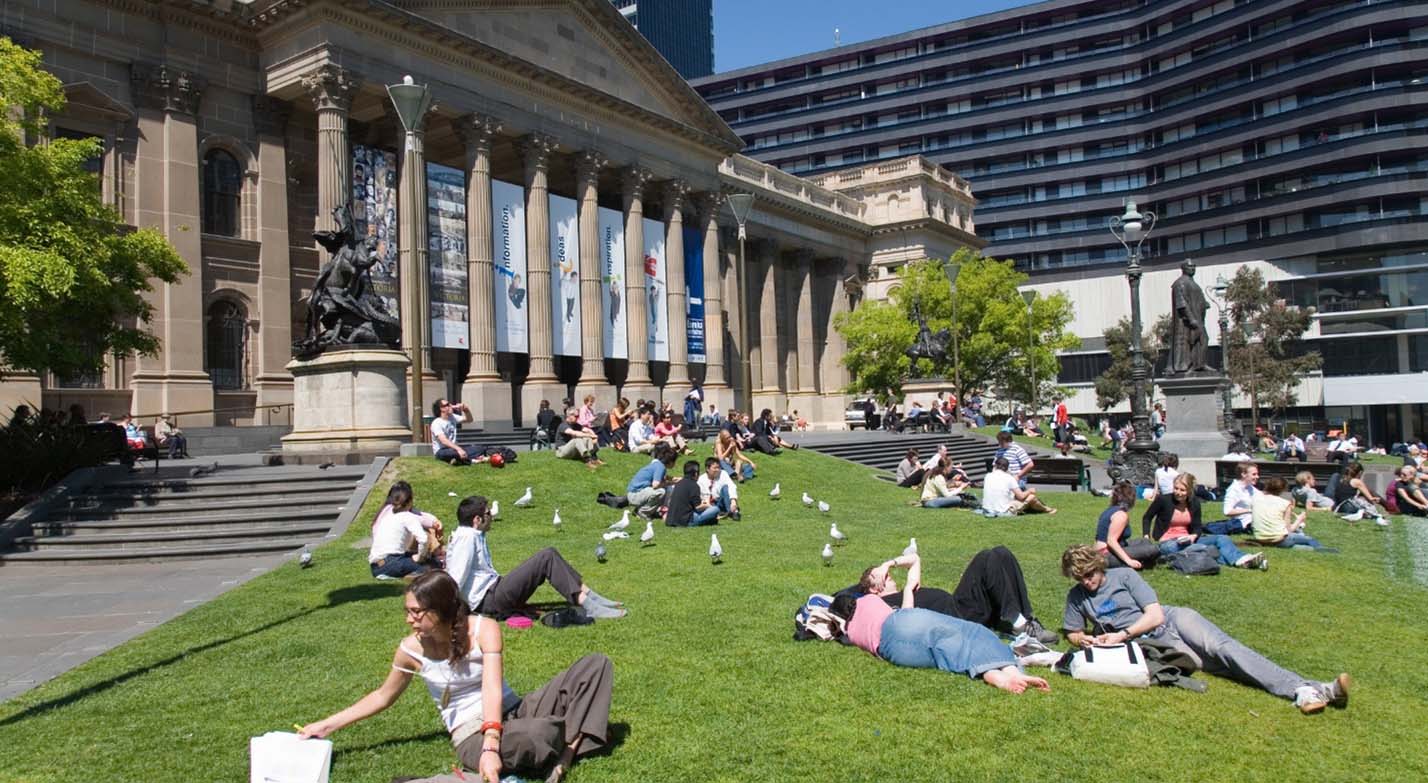Every year, Vietnam has a new influx of Vietnamese who studied abroad that come back home to Vietnam. It might be their first time back. For personal or professional reasons. And it’s scary as hell.
For many Vietnamese who studied abroad, they leave Vietnam with hope. They may have misgivings and concerns about their country that forces them to want to leave. Or the education is better abroad. Or they believe opportunities are better outside Vietnam. Or they simply want something fresh and new.
Whatever the reason, they find themselves in a foreign land, which they’ve only encountered via movies, internet, and random foreigners or teachers here and there. The grass is greener. And when they arrive, time compresses. Since everything is new, they learn a lot in a very short amount of time. If they come for university, as many do, than the experience is even more fresh. The tight-knit nature of dormitories and new friends and new experiences sugarcoats their feeling of what it means to be an American or a Canadian or Australian. It is often times thrilling and eye opening.

And when these students come home to Vietnam for brief visits, their eyes are glazed over. They feel removed from the place they used to call home. They have changed so much in a short period of time and they’ve learned so much about themselves. They start to feel alien in their own home.
By the time these students graduate, their English is better, they’re educated, and they might even have a sense of righteousness about how the world should be.
They come back to Vietnam, degree in hand, unsure of what to expect in their country. Four years outside of Vietnam is a long time. And Vietnam changes fast.
Culture shock.
At the core of it all, returning Vietnamese students are experiencing an identity crisis unlike what overseas Vietnamese or non-Vietnamese foreigners experience who come to Vietnam to live and work. For overseas Vietnamese, the experience is simpler. They are at the core of their identity Western (not Westernized) in their thinking and they approach Vietnam as a kind of project or journey of discovery. If they have a negative experience, because it’s too insane and overwhelming for them, then they can return home. For those who embrace it, Vietnam becomes a new part of their identity. Maybe a vacuum fills up or their character expands. They accept Vietnam because they know it is flawed to begin with. In fact, the flaws make it exotic. And those things add flavor to their budding Vietnamese identity.

For the white foreigner or the non-Vietnamese foreigner, Vietnam is even more exotic. It can become romantic and an adventure. For many who have lived in Vietnam for years, it is still an adventure that they are proud to slowly master. If they master the Vietnamese language, they elevate to demigod status. If they are male and marry a Vietnamese woman, they have access to Vietnamese culture and a deep connection to the country that changes their lives forever.
Some people experience a blend of these themes. But the returning Vietnamese student experiences none of these things.
For them, Vietnam is not an adventure or new part of their identity that they feel compelled to embrace. It is a reminder. In some ways, it is a loss of face. For many Vietnamese who have studied abroad, the thesis is that education at home isn’t as good as what’s abroad. They come to Vietnam perplexed of what to do because they know all too well about the flaws of the Vietnamese context. They were produced by it. Having experienced the possibilities abroad, many find Vietnam isolating.
It’s even more stark when you think about the four years they spent abroad. While all of their peers and older Vietnamese abroaders are building networks and projects, they spent time abroad learning the mentality that put them at the same level, but they weren’t physically in Vietnam building the necessary relationships that are key to success in Vietnam.
All of this is truly an identity issue. If a returnee is fostering this kind of thinking, they are holding themselves back. At some point, they have to get over themselves. It boils down to a choice. The returnee can choose to feel defeated about Vietnam, return to a life and career abroad, or they can develop a realistic and strategic mentality around growing within and/or with Vietnam.
If they have no choice, and they have to live in Vietnam, they will have to embrace the things that are possible in a country that is still growing. By definition, Vietnam is an emerging economy and the opportunities are endless. If they must leave because the opportunities are simply much better abroad, they still have to confront the core part of themselves that is Vietnamese. But rejecting it outright, instead of embracing and understanding it, leads to a misshapen identity and a less cosmopolitan self.



